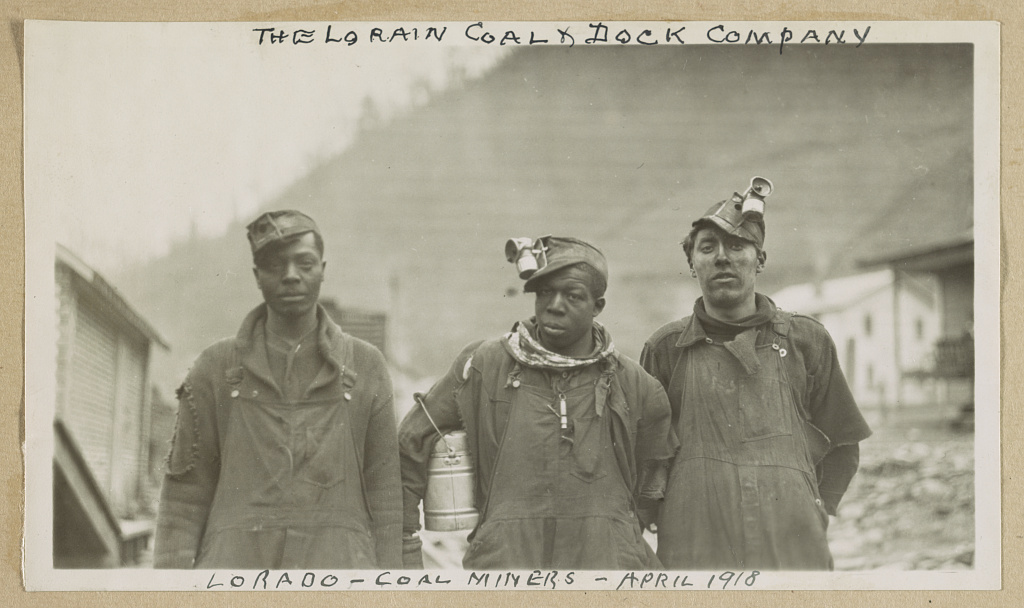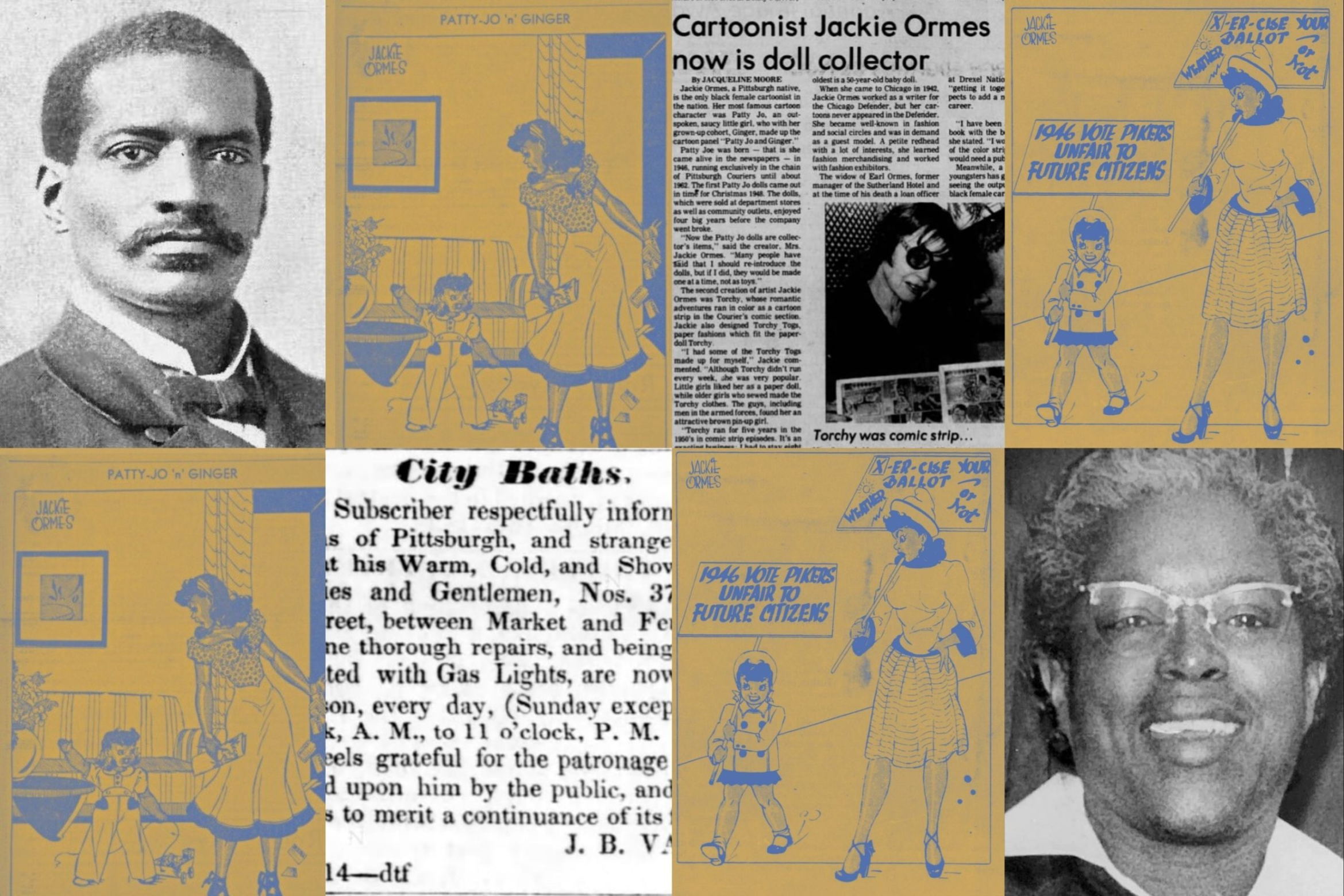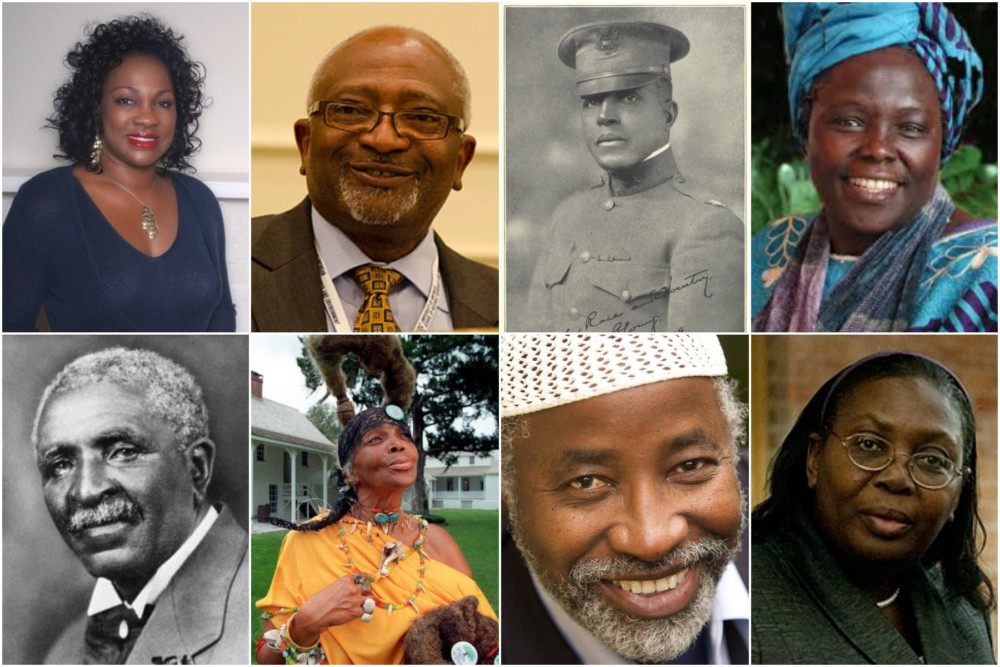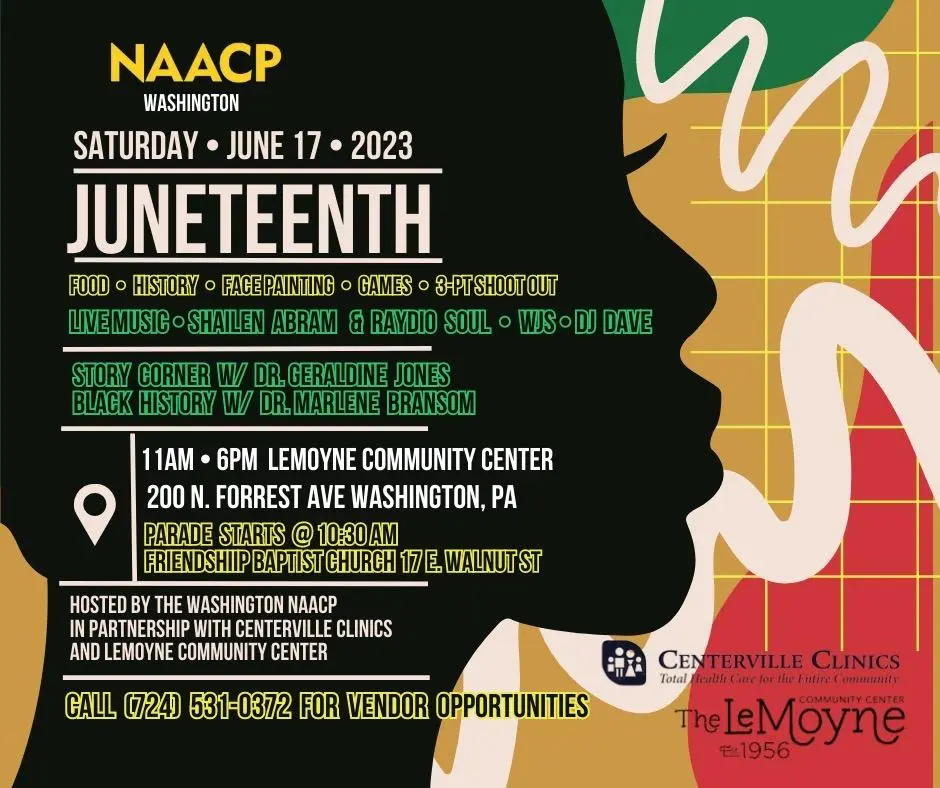“Those who have no record of what their forebears have accomplished lose the inspiration which comes from the teaching of biography and history” - Carter G. Woodson
The African American experience has largely been excluded in the telling of stories of Appalachia and the coal miners that fueled our country, but it is an important piece of our region’s history. After the abolition of slavery, many families fled to the coalfields of Appalachia where they were free from Jim Crow laws and where jobs in the mines could give them greater financial opportunity. In fact, by the late 1800’s Black miners were experiencing “equal pay for equal work.”
Although they found greater financial, political, and educational opportunities than what may have been afforded in other regions of the country, they still faced racism and discrimination. Coal mining has always been a high-risk profession, and discrimination toward Black miners meant the majority were assigned to some of the most dangerous sections.
Due to high demand for coal, mines needed as many miners as possible and jobs were abundant. This led to a mixing and mingling of cultures as it drew in a large presence of African Americans and European immigrants who worked in the mines alongside local Appalachians. Coal companies often attempted to stoke the fires of prejudice amongst their diverse groups of miners to diminish the chances of unionization by building coal towns with sections for each race.

Carter G. Woodsen was a coal miner who is now often referred to as the “Father of Black History.” He worked in West Virginia mines to afford attending one of the only Black high schools in his area. His personal experience as a coal miner influenced his perspective on social and economic inequality. It motivated him to focus on the history of African Americans and shed light on their struggles, achievements, and resilience, including those of African American coal miners.
Woodsen received his doctorate from Harvard University and went on to serve as the dean at West Virginia University and Howard University. In February, Americans celebrate Black History month. This celebration has grown over the years, originating from Negro History Week which Woodsen inaugurated in 1926.
There is a sense of pride throughout the coal communities of Appalachia. African American coal miners sacrificed just as every miner sacrificed, and their stories must be continuously shared so that history will not be forgotten with time.
Evans, R., Isaac, E., & Whitley, R. (2023, February 28). Black History and Coal Communities | Office of Surface Mining Reclamation and Enforcement. Www.osmre.gov. https://www.osmre.gov/news/stories/black-history-coal-communities
New River Gorge National Park and Preserve. (2020, January 22). Segregation: Hinton, WV. Www.nps.gov. https://www.nps.gov/neri/planyourvisit/segregation-hinton-wv.htm
PBS LearningMedia. (n.d.). Racial and Ethnic Boundaries in the Coal Mines | American Experience | PBS. Www.pbs.org. https://www.pbs.org/wgbh/americanexperience/features/minewars-race/
Starr, S. (n.d.). The forgotten history of the US’ African American coal towns. Www.bbc.com. https://www.bbc.com/travel/article/20221023-the-forgotten-history-of-the-us-african-american-coal-towns
Spotlighting four Black people in history who shattered norms and created lasting legacies in the Pittsburgh region.

Photo collage by Natasha Vicens. Photos via The LeMoyne Community Center archives, Sen. John Heinz History Center, Carnegie Library of Pittsburgh archives and African American Registry archives

To read more about Black History in the Coal Industry, check out these books:
- Ancella R. Bickley and Lynda Ann Ewen: Memphis Tennessee Garrison: The Remarkable Story of a Black Appalachian Woman (2001)
- Brian Kelly: Race, Class, and Power in the Alabama Coalfields, 1908-21 (2001)
- Daniel Letwin: The Challenge of Interracial Unionism: Alabama Coal Miners, 1878-1921 (1998)
- Dorothy Schwieder, Joseph Hraba, and Elmer Schwieder: Buxton: A Black Utopia in the Heartland (2003)
- Ed Diaz: "Reexamining the Past: A Different Perspective of Black Strikebreakers in King County's Coal Mining Industry" in More Voices, New Stories: King County, Washington's First 150 Years by Mary C. Wright (2002)
- Edwin L. Brown and Colin J. Davis: It is Union and Liberty: Alabama Coal Miners and the UMW (1999)
- Ernest Moore: The Coal Miner Who Came West (1982)
- Herbert G. Gutman: "The Negro and the United Mine Workers of America: The Career and Letters of Richard L. Davis and Something of Their Meaning, 1890-1900" in The Negro and the American Labor Movement by Julius Jacobson (1968)
- Herbert G. Gutman: "Labor in the Land of Lincoln: Coal Miners on the Prairie" in Power and Culture: Essays on the American Working Class by Ira Berlin (1987)
- Joe William Trotter, Jr.: Coal, Class, and Color: Blacks in Southern West Virginia 1915-32 (1990)
- Robert Armstead: Black Days, Black Dust: The Memories of an African American Coal Miner (2002)
- Ronald L. Lewis: Black Coal Miners in America: Race, Class, and Community Conflict
Join us and celebrate Juneteenth in Washington, PA!


